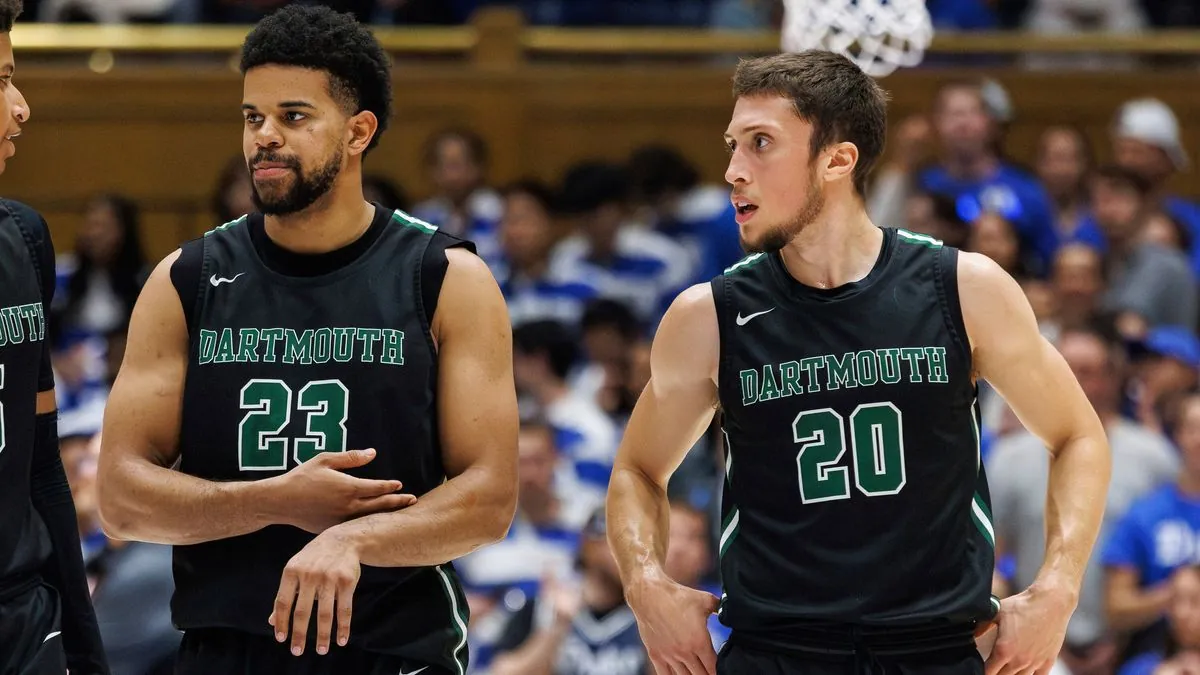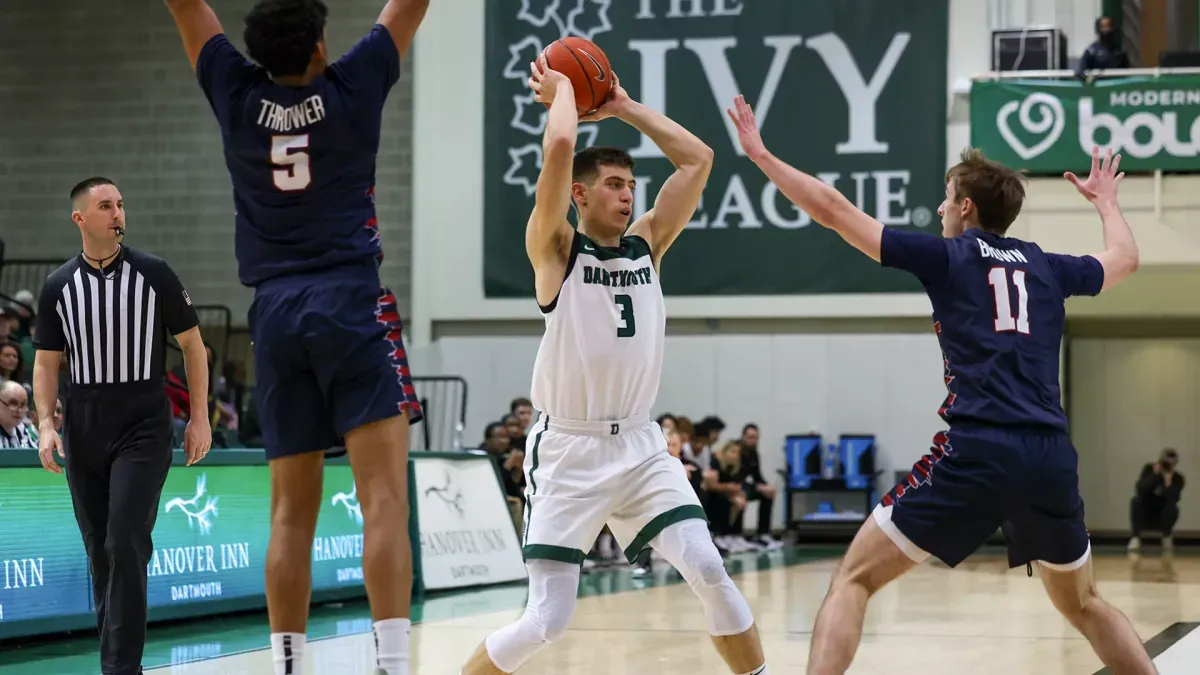Dartmouth Basketball Union Files Labor Complaint Amid College Sports Debate
Dartmouth College faces labor complaint from basketball team union, highlighting ongoing debate over student-athlete status. The case could reshape college sports and labor relations.

In a groundbreaking development for collegiate athletics, the union representing Dartmouth College's men's basketball team has filed an unfair labor practice complaint against the Ivy League institution. This action, taken on August 22, 2024, stems from the college's refusal to engage in collective bargaining with the players, who made history five months earlier by becoming the first U.S. college athletes to unionize.
The Service Employees International Union (SEIU) Local 560, which represents various workers at Dartmouth, submitted the complaint to the National Labor Relations Board (NLRB). This move marks a significant escalation in the ongoing debate about the status of college athletes and their rights within the multibillion-dollar sports industry.

The unionization of Dartmouth's basketball team on March 5, 2024, with a 13-2 vote, followed an NLRB Regional Director's ruling that the players were employees of the prestigious New Hampshire-based institution. However, Dartmouth has steadfastly maintained its position that student-athletes are not employees, stating, "Varsity athletes in the Ivy League are not employees; they are students whose educational program includes athletics."
This case highlights the complex relationship between academic institutions and their athletic programs. Dartmouth College, founded in 1769, is part of the Ivy League, an athletic conference established in 1954 that has long emphasized the balance between academics and athletics. The current dispute challenges this traditional model and could have far-reaching implications for college sports across the United States.
The debate over student-athlete status is not new. The NCAA introduced the concept of "student-athletes" in the 1950s to counter perceptions of college athletes as professionals. However, recent years have seen increased scrutiny of this model, particularly given the substantial revenues generated by college sports. In 2021, the NCAA allowed student-athletes to profit from their name, image, and likeness, a significant shift in policy.
Chris Peck, the union president, emphasized the importance of fair negotiations, stating:
"For nearly 60 years, Dartmouth has followed a tradition of bargaining fair and equitable union contracts with our local. It is past time for Dartmouth administration to avoid the looming financial and legal liabilities by grasping this opportunity to show leadership."
Dartmouth has requested a full board review of the initial NLRB decision and plans to appeal the unfair labor practice charge. The college views this as "an unprecedented step in Dartmouth's long history of labor negotiations" but considers it necessary to ensure federal court review of the matter.
This case occurs against a backdrop of increasing challenges to the NCAA's amateurism rules, which have faced legal scrutiny since the 1980s. The 2021 Supreme Court case, NCAA v. Alston, ruled that certain NCAA restrictions on education-related benefits for student-athletes violated antitrust law, further complicating the landscape of college athletics.
As this situation unfolds, it could potentially reshape the relationship between colleges and their athletes, impacting not only basketball but all collegiate sports. The outcome may have significant implications for the future of college athletics, labor relations in academia, and the broader debate about compensation and rights for student-athletes.


































